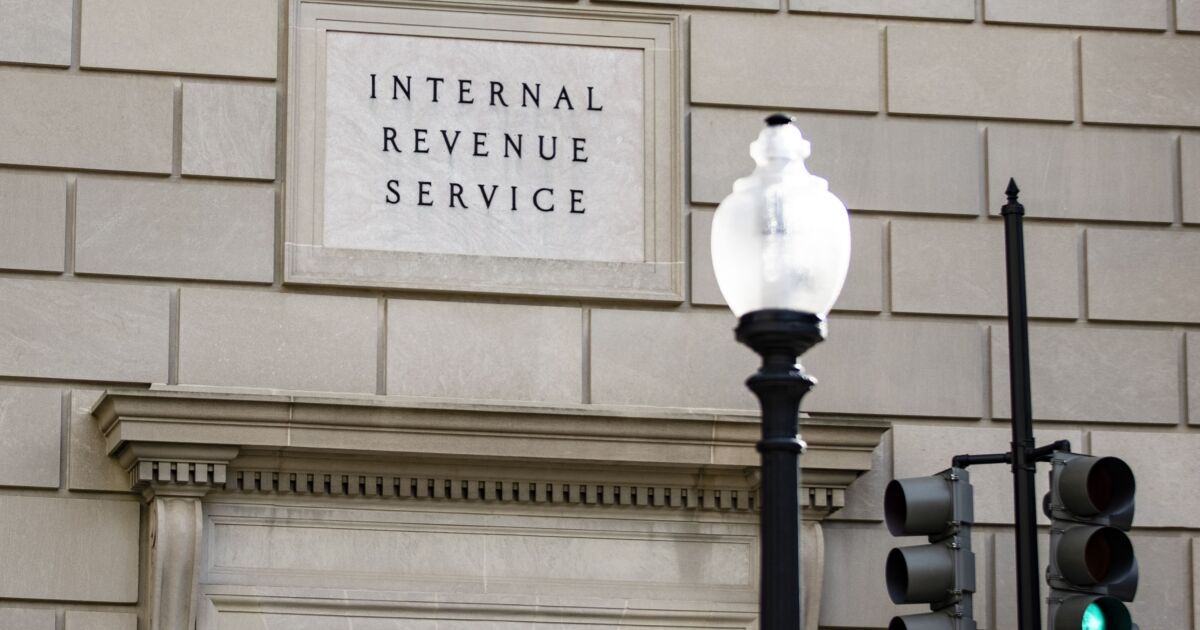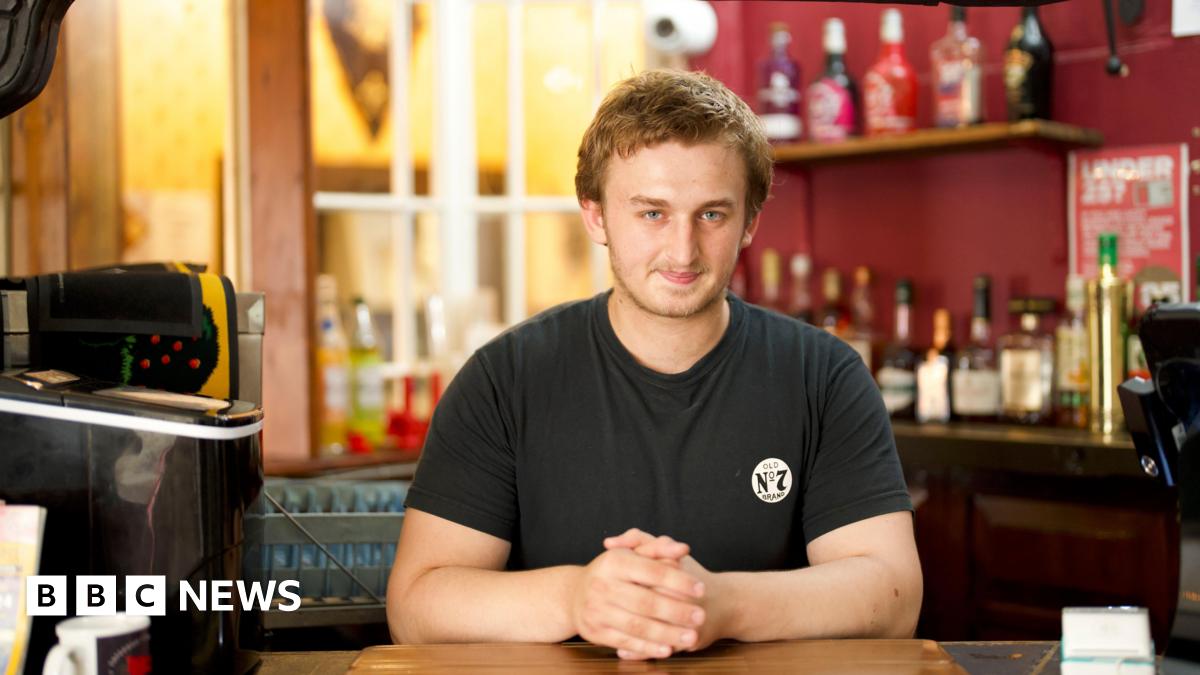Stay informed with free updates
Simply sign up to the War in Ukraine myFT Digest — delivered directly to your inbox.
UK defence secretary Grant Shapps has accused China of providing or preparing to provide Russia with “lethal aid” for use by Moscow in its war against Ukraine.
“Today I can reveal that we have evidence that Russia and China are collaborating on combat equipment for use in Ukraine,” Shapps told a defence conference in London on Wednesday.
The defence secretary said new US and British intelligence showed “lethal aid is now or will be flowing from China to Russia and into Ukraine”, which he described as “a significant development”.
Asked about Shapps’ remarks, US national security adviser Jake Sullivan said Washington had not seen China directly provide weapons to Russia and that he would speak with UK colleagues to better understand the defence secretary’s comments.
“We have not seen that to date. I look forward to speaking with the UK to make sure that we have a common operating picture,” Sullivan said.
US officials have previously said China has technically not provided direct “lethal” aid, but they stress it is supplying Russia with technology that is making its way on to the battlefield in Ukraine.
Shapps’ comments appeared to indicate China had potentially pivoted to directly supporting Russia’s military in Ukraine, though he gave no details or evidence. UK defence officials declined to clarify what Shapps meant by “lethal aid”.
“We have to see how material the Chinese assistance may be,” a senior European defence official said. “If it is material, that is bad news for the war in Ukraine — China has a lot of resources.”
Chinese companies have emerged as Russia’s key conduit for crucial dual-use components and equipment the Kremlin needs to sustain its defence industry, but Beijing has largely shied away from helping Moscow’s war machine directly.
While China has stopped short of backing the invasion, it has given Russia a crucial economic lifeline after western sanctions cut Moscow out of global markets and supply chains.
Shapps said an increase in trade between China and Russia since the start of the invasion showed they had developed a “deeper relationship”.
His comments follow Russian President Vladimir Putin’s visit to Beijing last week for talks with China’s leader Xi Jinping.
Putin was accompanied by his new defence minister, Andrei Belousov, and security council chief Sergei Shoigu, who joined him for multiple rounds of talks in China including a closed-door dinner with Xi.
At the start of the Ukraine war, the US believed China was on the cusp of sending lethal aid to Russia but backed off under pressure from Washington. China has denied all the US accusations, claiming its exports are part of normal trade.
Last month, China’s embassy in the US said it had not provided weaponry and it was “not a producer of or party involved in the Ukraine crisis”.
Antony Blinken, the US secretary of state, said during a visit to China in late April that there were no signs Beijing was sending weapons to Russia for use in Ukraine.
“What China is doing, or what some of its enterprises are doing, is to provide critical components for Russia’s defence industrial base, things like machine tools, microelectronics and optics,” Blinken said.
But the US this month sanctioned Chinese companies including two groups that allegedly supplied Russia with drones, weapons and ammunition, in addition to chips, sensors and other military-related technology.
Elina Ribakova, a non-resident senior fellow at the Peterson Institute for International Economics, said it was unclear whether Shapps’ comments indicated a genuine shift in Chinese policy to directly supplying weapons.
The comments could reflect Moscow’s success in securing crucial components from China for its defence industry, she said. Chinese companies supplied 60 per cent of Russia’s imports of dual-use high technology goods last year, according to Financial Times analysis of Russian trade data.
“China knows how little visibility the US has on China-Russia trade. It started supplying Russia with parts in the summer of 2022 . . . it’s not surprising they felt empowered,” Ribakova said.
The UK defence ministry declined to comment. The Kremlin, China’s foreign ministry and China’s embassy in London did not respond to requests for comment.
Additional reporting by Demetri Sevastopulo in Dublin and Felicia Schwartz in Washington
Credit: Source link











